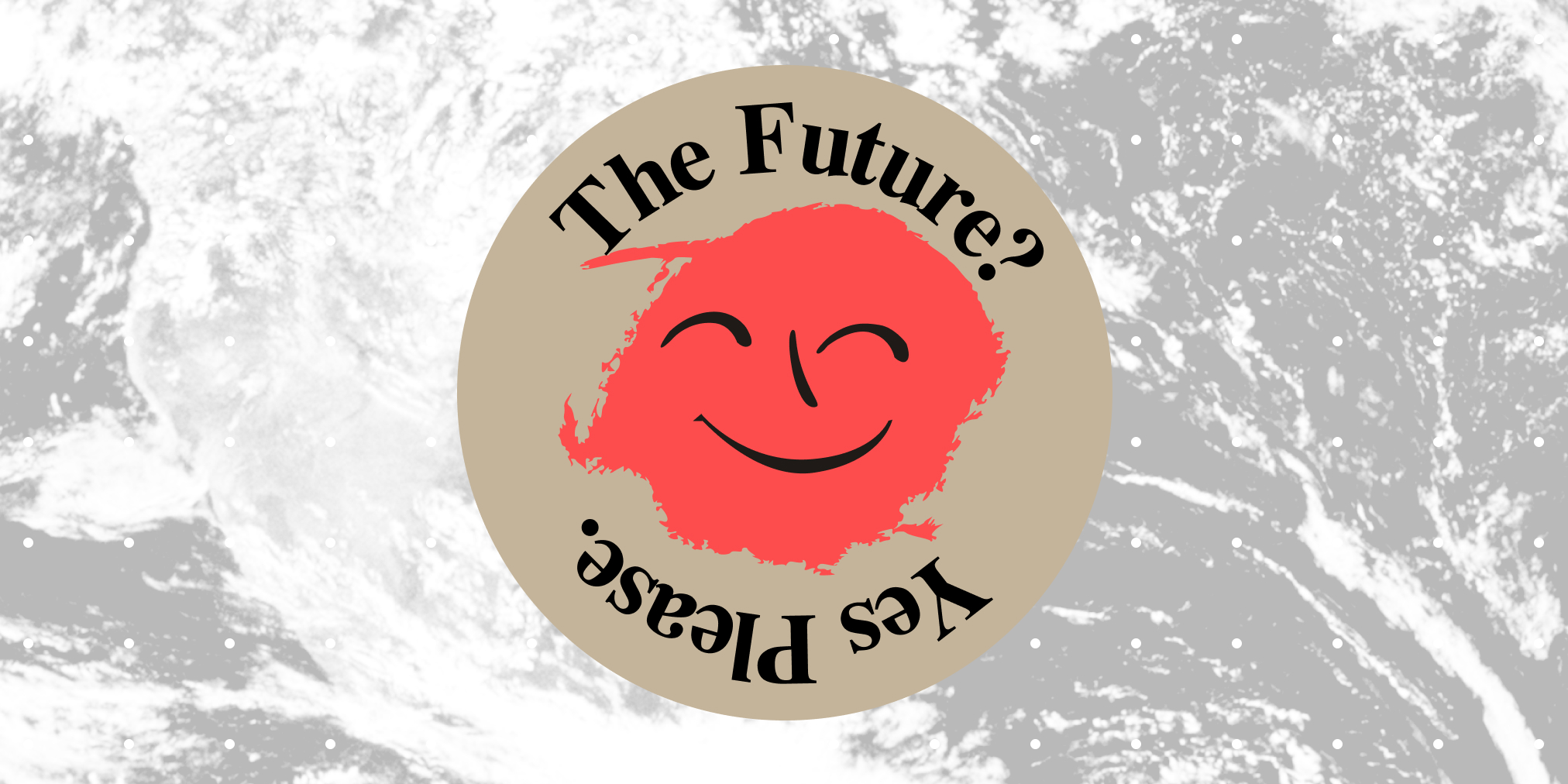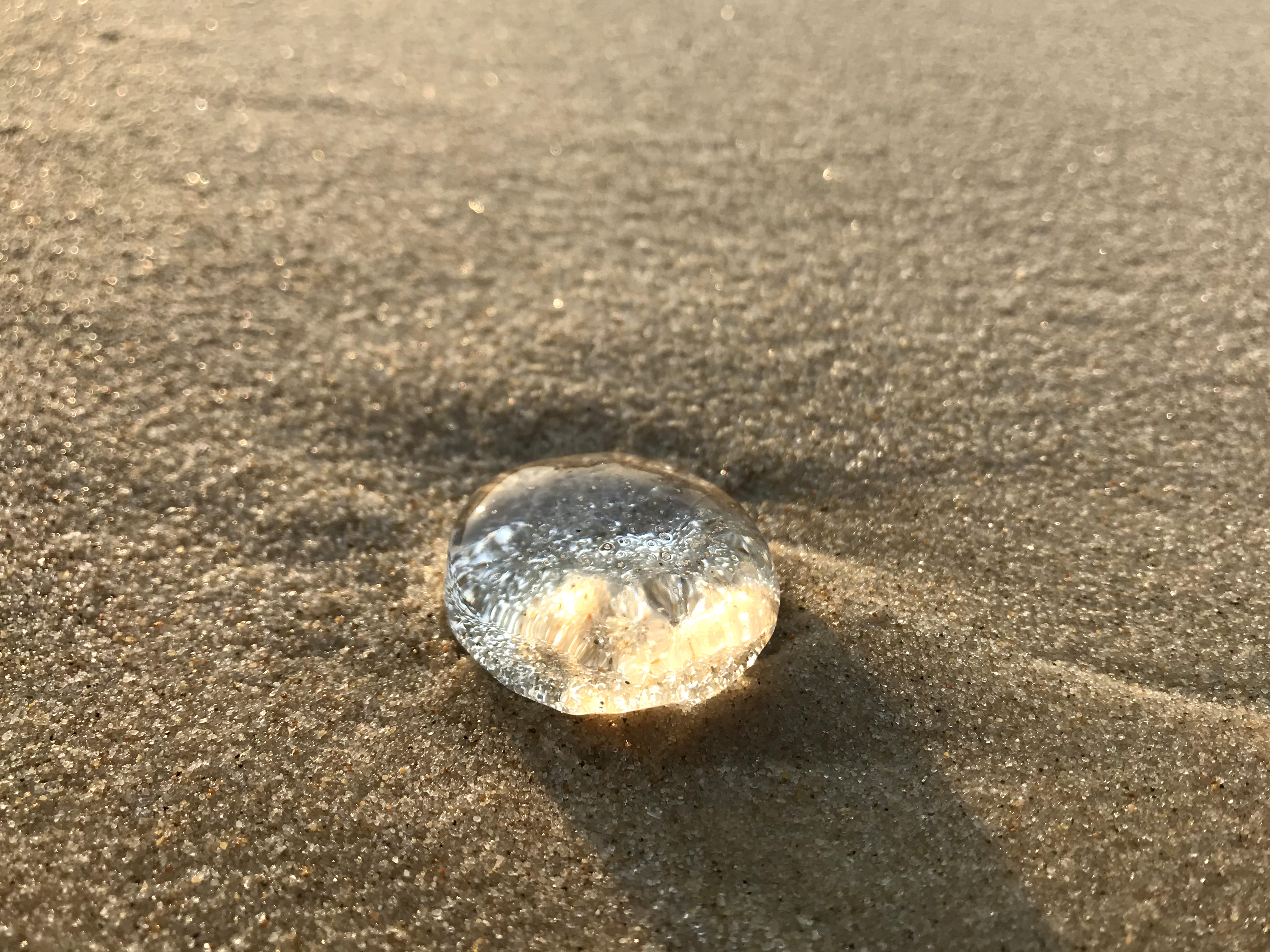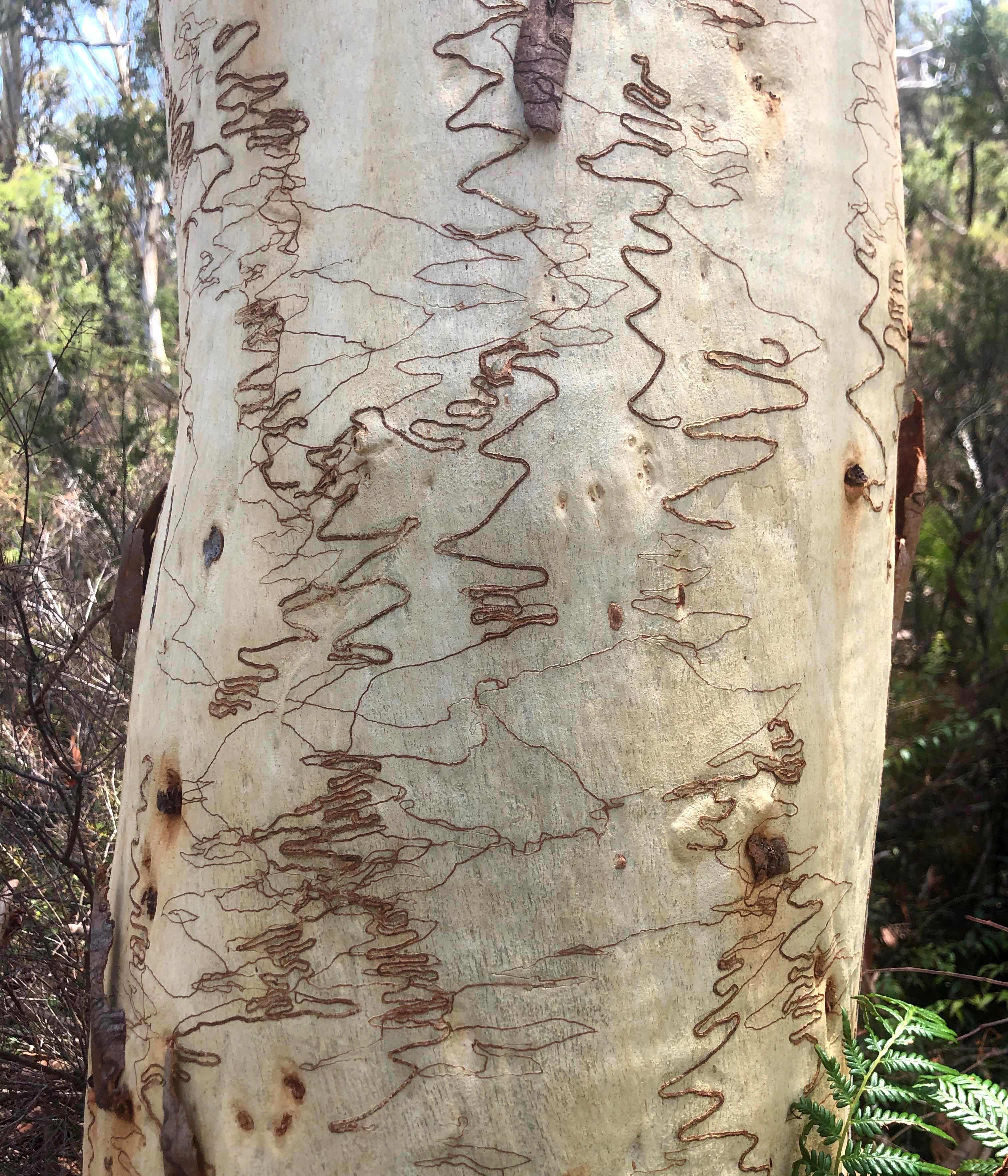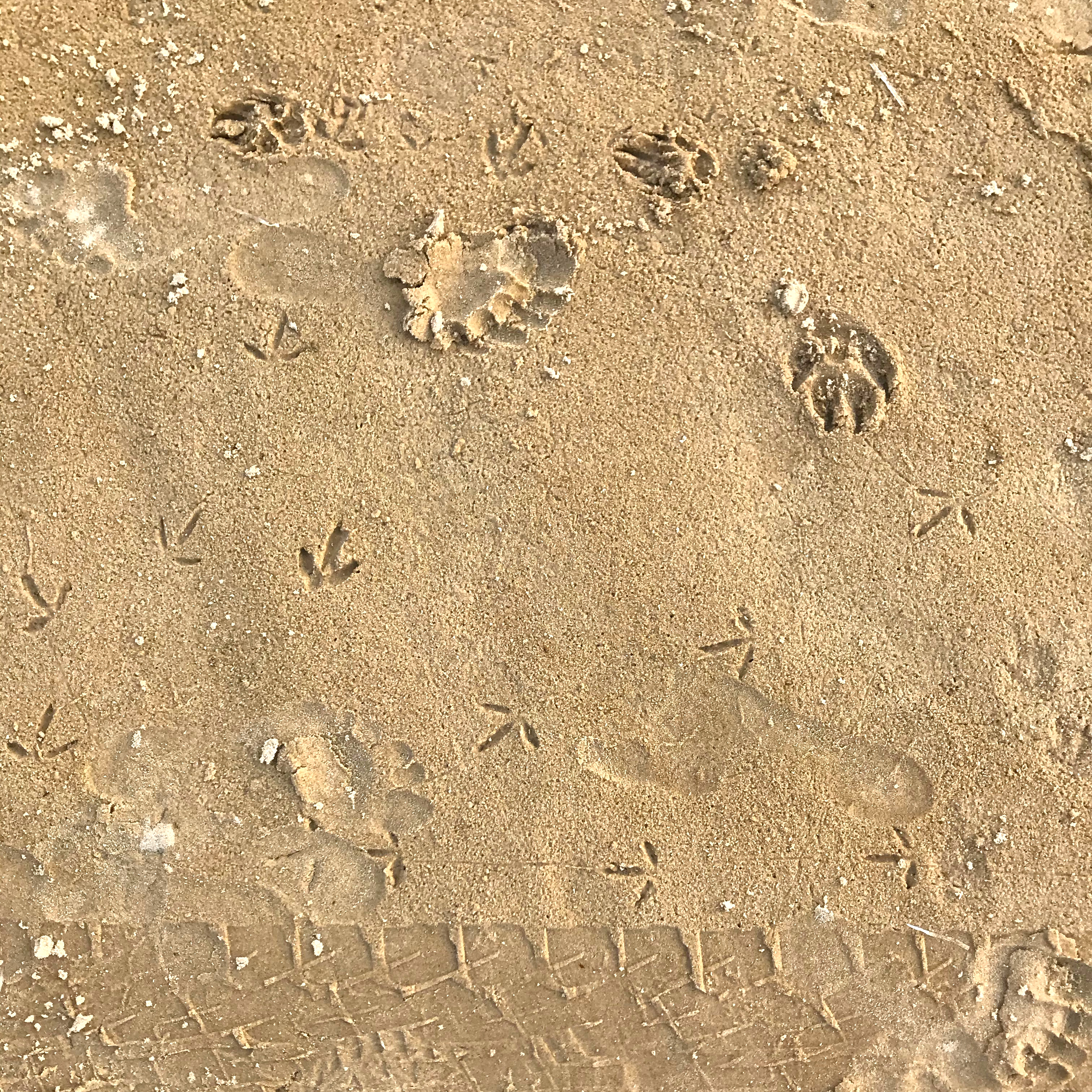Last semester I started teaching Digital as part of BA Graphic Communication Design at Central Saint Martins.
My class was part of the Core Languages course, which included other classes like Typography, Print and Production, and Photography. The idea behind this was to introduce second year students to foundational concepts and skills that could then feed into their wider graphic design practice and the longer term, research-based projects from their other classes.
Read more
Feel a bit guilty for not having done this earlier, but I’ve finally cancelled my Spotify subscription. This was prompted in part by this recent interview with Spotify’s CEO, which paints a pretty bleak picture about how they see the future of the music industry. It feels important to find ways to directly support artists, given that they’re some of those hardest hit by lockdown (and that music is one of the things that keeps me sane).
I wasn’t using Spotify that much anymore, so I doubt I’ll miss it. I usually just listen to NTS, which recently launched a Supporters network.
Listen to these
Some of my favourite NTS shows are:
Aside from that, I’m going to keep building my Bandcamp library, and maybe also try Resonate, a music streaming service and platform co-op that values fairness and control.
Hyperlinks
- Listen to This, an Arena channel of my favourite songs and mixes
- Mat Dryhurst often discusses alternatives to major labels and streaming platforms, on Twitter as well as on Interdependence, the podcast he co-hosts with Holly Herndon.
At the start of the year, University of the Arts London (UAL) joined the ongoing University and College Union (UCU) strikes, which were centred on the “four fights”:
- falling pay
- the gender and ethnic pay gap
- precarious employment practices
- unsafe workloads
Read more
I’m currently in northern Wales, doing a lot of walking and also reading Arts of Living on a Damaged Planet.
It’s a collection of essays about geology and biology, shared histories and unstable futures, nature and the Anthropocene, featuring many of my favourite writers: Anna Tsing, Donna Harraway, Ursula K Le Guin. It’s split in two halves – Ghosts and Monsters:
Ghosts and monsters are two points of departure for characters, agencies and stories that challenge the double conceit of modern Man. Against the fable of Progress, ghosts guide us through haunted lives and landscapes. Against the conceit of the Individual, monsters highlight symbiosis, the enfolding of bodies within bodies in evolution and in every ecological niche. In dialectical fashion, ghosts and monsters unsettle anthropos from its presumed centre stage in the Anthoropocene by highlighting the webs and histories from which all life emerges.

Read more
We’ve just launched a website for Claim The Future, a project led by John McDonnell. The full text of his speech at the launch on Wednesday gives a good overview of the project:
We must claim the future. We have to ask and answer the questions about what lives we want to live, what communities we want to live in and what future there should be for our planet. If we don’t others will. And it will be the establishment politicians and their corporate controllers that will answer these questions for us.

Both the identity and website were a joy to work on, so I thought I should document a little bit of the process before I forget about it.
Read more
This is one of the posts I wrote for the Core Languages blog last semester, as part of a course at Central Saint Martens that introduced graphic design students to the digital design mindset.
What is unique about digital design as a medium? How can we approach design for screens in a way that is natively digital, rather than an appropriation of print design?
In this essay, Cory Arcangel suggests that the term “web performance” is more appropriate for describing the digital medium than “web page”:
The term that really drives me up the wall, though, is web page. Page connotes something stable, unchanging, and definite. A book page exists. A book page is. A web page, on the other hand, is a vastly more complicated structure. It is a set of instructions blasted from a server farm across the globe through fiber-optic cables, then interpreted by a computer’s hypertext transfer protocol browser and displayed by a light-emitting-diode screen. All this, by the way, is happening in real time—reconstituted at each millisecond through a unique and contingent tangle of systems—and is supported by the constant churn of the power grid, itself (incredibly) still commonly powered by burning coal. So instead of web page, I’d prefer the term web performance, which would remind us that this information is both immediate and ephemeral. In a sense, it is thousands of coal-powered virtual Rube Goldberg machines — lined up from end to end — that power our Facebook Paper apps on our iPhones.
Read more
I’ve just finished reading Mrs Dalloway, which has me thinking a lot about time. (It was originally called The Hours, after all.) It’s such a wonderful book: Woolf effortlessly changes tempo, switches between the inner dialogue of different characters, moves from describing a fleeting present moment in great detail to remembering events long since passed.
It was particularly interesting to read this in our current context of lockdown. There seems to be a general consensus that time is very weird right now. March was endless while April and May have passed by incredibly quickly. There are ongoing jokes on Twitter about people struggling to remember what day it is, and questioning why we have days of the week at all.
Read more
One of my favourite quotes from Bianca Elzenbaumer of Brave New Alps comes from her 2014 thesis, Designing Economic Cultures:
Aiming to produce critically-engaged content whilst practicing in conventional ways underestimates the substantial potential designers have to contribute to social change not only through the content of their work, but also through their ways of doing and being.
The origin of the word radical is from the root: fundamental, structural. The way that we practice, support ourselves and collaborate with each other hugely impacts the work that we make. If we want to enable radical change, we need to begin by questioning the entire structure of our work.
I think that forming a worker cooperative is one way of prefiguring an alternative vision of the future of work. It recognises that we exist within capitalism, that we need to sustain ourselves within this system, but it also offers an alternative model of working: one based on solidarity, interdependence, self-determination and sustainability, rather than profit, growth and individual success.
Read more
Minjerribah textures, feat. cute blob, scribbly gum and interspecies crossroads:







